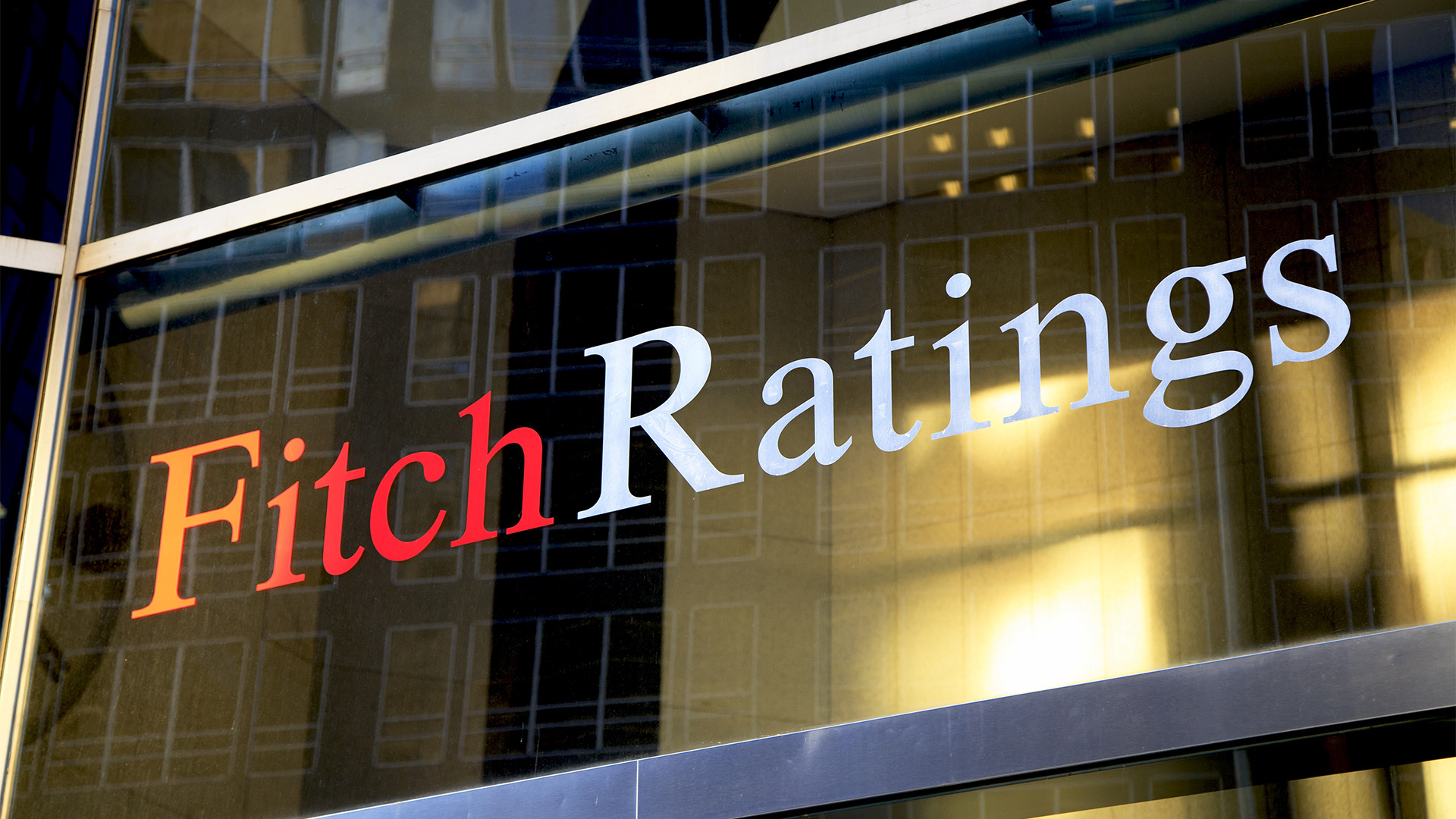Global markets sold off Wednesday in the first full session of trading in the wake of the historic downgrade of America’s AAA rating by Fitch.
The Fitch news saw a swarm of critics emerge in the US in the wake of the decision to cut America’s standing to AA+, thereby matching the rating held in place since 2011 by the larger rival, S&P Global (which no longer attracts criticism).
Shares sold off, the key US 10-year Treasury bond yield rose to top 4% and remained there, despite a rise in the value of the US dollar (which saw the Aussie dollar around 65.40 US cents early Thursday).
In fact, thanks to the Fitch decision and a surprisingly strong private employment data, US interest rates are now at their highest level since last November.
European shares followed Asian shares lower and were joined by Wall Street with the Nasdaq seeing a sharp 2% slump, its worst single-day fall for months.
Nasdaq shed 2.17% to end at 13,973.45, while the S&P 500 dropped 1.38% to end at 4,513.39, and the Dow lost 348.16 points, or 0.98%, to finish at 35,282.52.
Overnight trading in the share price index will see the local market start with a fall of more than 50 points after Wednesday’s 96-point (1.3%) slide.
Gold failed to fire – the Comex front month price lost 0.35% to around $US1,971 an ounce (after that flirtation with $US2,000 an ounce earlier in the week).
Moody’s has the only AAA rating for American debt – if it goes then all hell will break loose, so it will now be the centre of attention so far as its US rating is concerned.
Perhaps being 13.25% controlled by Warren Buffett and his Berkshire Hathaway investment giant (an out and out American patriot) might keep the current AAA rating in place for a while longer.
Back in 2011, Buffett criticised S&P for cutting the US rating.
And yet for all the hot air and other commentary from American economists, analysts, politicians and business people, Fitch’s key reason can’t be denied.
Fitch cited “a steady deterioration in standards of governance” in the US, especially earlier this year when Republican members of the house of Representatives negotiated up until the last minute on a debt ceiling deal that risked pushing America into its first-ever default.
Fitch’s reasoning was similar to that of S&P 12 years earlier in 2011 in the wake of a similar example of Republican intransigence on debt and borrowings.
If anything, the S&P rationale has only been reinforced since 2011 by the antics of the Republicans, especially Donald Trump (and his third and latest indictment), and American politics is now more divided than back then.
Fitch’s decision though should also be seen as a warning of what might happen in 2024 and 2025 – an election year and beyond.
In May, in discussing the then debt ceiling crisis, Moody’s economists wrote:
"A downgrade of Treasury debt would set off a cascade of credit implications and downgrades on the debt of many other financial institutions, non-financial corporations, municipalities, infrastructure providers, structured finance transactions, and other debt issuers.
"Those institutions that are clearly backstopped by the U.S. government, institutions such as Fannie Mae, Freddie Mac, and the Federal Home Loan Banks, would suffer the biggest changes to their ratings.
"The effects on other institutions’ ratings would vary depending on their relationship with the U.S. government and offsetting financial strengths.”
There was no downgrade then – Fitch’s came three and a bit months later, now Moody’s remains the AAA holdout.
Moody’s did make a telling point: "Of course, even a few basis points more on trillions in Treasury debt adds up to a significant cost to taxpayers. If Treasury securities are no longer perceived as risk-free by global investors, future generations of Americans would pay a steep economic price.”
But foreigners wouldn’t object to the Americans being forced to lift rates on Treasuries to sell them in the first place, and then reprice them in daily dealings. Every cent or so in higher interest will be gratefully received, even by Australia for its $US50 billion or so of holdings of US Treasuries.
But Americans would be to blame for putting America into a dysfunctional, unhinged situation where the likes of Donald Trump can flout convention and the law and expect to escape without censure.
According to CNBC: "High-profile economists, including former U.S. Treasury Secretary Larry Summers and Allianz Chief Economic Advisor Mohamed El-Erian, lambasted the Fitch decision, with Summers calling it 'bizarre and inept' and El-Erian 'perplexed' by the timing and reasoning. Current Treasury Secretary Janet Yellen described the downgrade as ‘outdated’."














